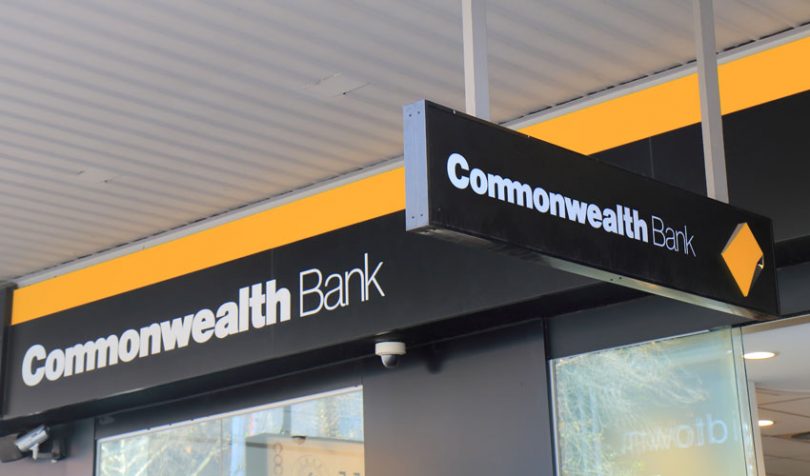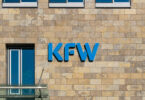On Monday the World Bank announced it has raised an additional A$50 million ($33.8 million) for its blockchain bond, bond-i. The new investment in the bond is from an ‘off-shore investor’ and existing investors.
This is the second tranche of bond-i, which is managed by Commonwealth Bank of Australia (CBA), RBC Capital Markets (RBC) and TD Securities (TD). The successful tap (extension) has now taken the total capital raised by bond-i to A$160 million ($108 million).
“The tap is an important milestone in demonstrating the full lifecycle management of an issuer’s capital markets needs,” said James Wall, Executive General Manager International at Commonwealth Bank.
CBA and World Bank launched bond-i in August last year, one of the world’s first bonds to be created, allocated, transferred and managed through its life cycle using distributed ledger technology. Bond-i first traded in the secondary markets in May this year.
“CBA now has tangible evidence… that blockchain technology can deliver a new level of efficiency, transparency and risk management capability versus the existing market infrastructure,” said Sophie Gilder, Head of Blockchain & AI, Commonwealth Bank of Australia. She added that CBA intends to bring about additional functionality to bond-i in future.
The platform uses a private version of the Ethereum blockchain.
Blockchain for sustainable development
The World Bank said that bond-i is a part of a broader motive to introduce new disruptive technologies in capital markets. The blockchain bond is a part of the World Bank’s annually issued bonds to reduce poverty in its member nations. Every year it raises $50-$60 billion through bonds.
“The World Bank’s innovation and experience in the capital markets is the key to working with our member countries to increase digitization to boost productivity in their economies and accelerate progress towards the Sustainable Development Goals,” said Andrea Dore, World Bank Head of Funding.
Blockchain in finance
CBA has been exploring the application of blockchain since 2016 and has run several pilot projects in the past. Two months ago, Australia and New Zealand (ANZ) bank, CBA, and Westpac joined forces with IBM to trial a blockchain-based bank guarantee platform.
Spanish bank BBVA has already arranged numerous different types of loans using blockchain for government and private entities. There have also been several tests for debt issuance blockchains including a JP Morgan test with the National Bank of Canada.






